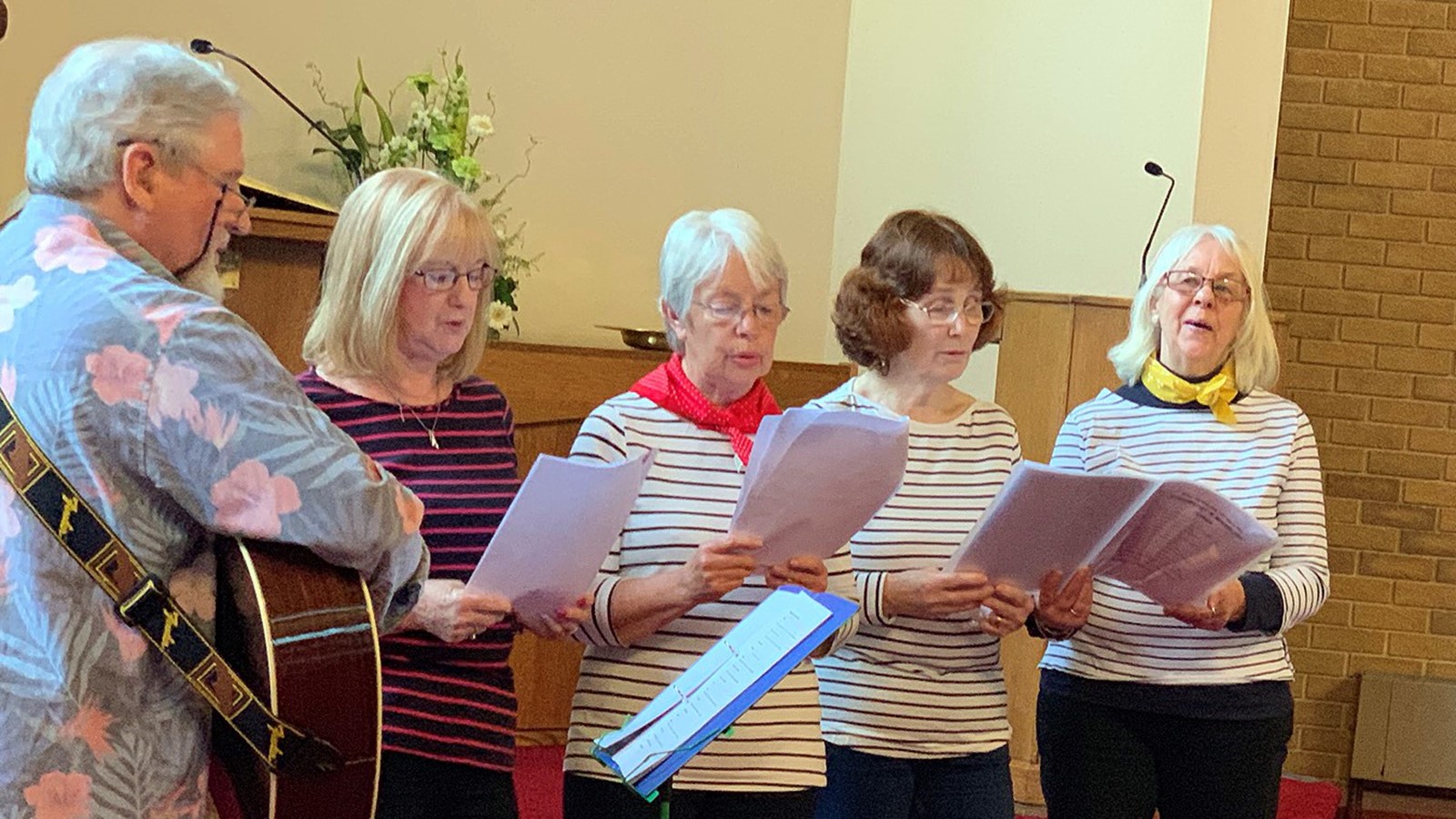Social prescribing by GPs and other primary care professionals connects people to local, non-clinical services and activities. Accessing support services and social activities has been demonstrated to improve health and wellbeing[1]. But what about those whose untreated anxiety and depression prevents them from taking the first step to accessing services and activities?
We’ve never been so connected to friends, family, organisations, services and market-places. Technology provides instant access in an ‘always-on’ society. But there’s also growing awareness and concern about loneliness in UK society. Described by some as an ‘epidemic’, loneliness is the "mismatch between the quantity and quality of social relationships that we have, and those that we want".
Loneliness is a subjective phenomenon, influenced by complex social and psychological factors – we can be on our own on a desert island for a week without experiencing loneliness, or in a crowded city centre for a day and feel desperately lonely.
There are 1.2 million chronically lonely older people in the UK and by 2025 to 2026 this figure is set to reach 2 million[2]. Of course, loneliness isn’t an illness, but it can be closely linked to life events that impact on wellbeing and mental health. Retirement, bereavement, ‘empty-nest’ and onset of chronic illness all contribute, but do not in themselves explain, loneliness in later life.
Since its inception in 1982 the University of Third Age (U3A) has promoted and supported the development of lifelong learning opportunities for older people who are retired or semi-retired. Offering a wide array of activities, there are now over 1,000 peer-led U3As across the UK enabling people to pursue existing or explore new activities. There are no exams to pass – learning itself is the reward. And it is recognised that people will join U3A as much for the social benefits as for the learning.
When Mick Wilson and his wife Jacqui joined their local U3A Tai Chi group in Saltash in Cornwall, they went along primarily for the health and wellbeing benefits of the activity, but soon found that their friendship circle had doubled, and they were socialising with group members outside the weekly classes. They also became aware of the wide range of U3A activities which included walking groups tailored for different abilities, languages and wine-tasting.
Mick, who had been strumming his guitar as a hobby since the 1960s saw an opportunity to set up a new U3A group for guitar players which soon attracted interest from people wanting to sing along to the music. And so, the ‘strummers and warblers’ group was born, meeting weekly and attracting around 20 regulars with various experience and ability, but all sharing the enjoyment of learning and playing together.
In the report Learning Not Lonely U3A acknowledges that it can be difficult for people to come along to an activity and that a level of confidence is needed to become involved in learning for the first time. Anxiety undoubtedly prevents may people from taking the first step.
Mick, now semi-retired after a long career as a counsellor in a variety of settings including universities, GP practices and for employment assistance programmes, recognises the difficulties some older people face in taking steps to becoming involved in community activities for the first time. “For an already anxious person, the thought of joining a group will fill them with dread – but arguably these are the people that need us the most.”
Mick’s work with older clients has included people who had come out of long-term caring responsibilities, defining their identity. They’d been left bereaved, unsure of their place in the world and experiencing loneliness and isolation.
“Being in a group is a new experience for some older adults. Getting involved with a group of strangers can be a daunting experience for older people – there has to be a ‘hook’ to get people involved and often the easiest way for people to try something new is to accompany a friend already engaged in the activity – for people without social connections, this route is missing. GPs can play a role in encouraging people to connect with U3A and I’d hope that increased social prescribing will see more people be supported to overcome anxiety and come along to join us.”
References
[1] The King’s Fund (2017) What is Social Prescribing
[2] Age UK (2018) All The Lonely People – Loneliness in later life
